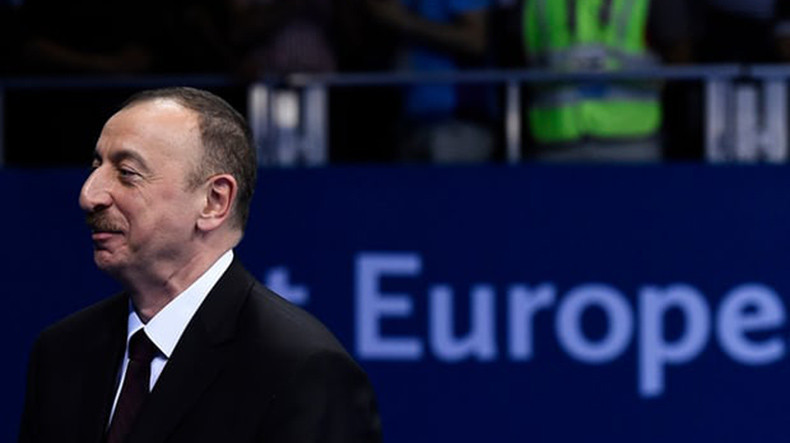
The Guardian publishes new details of Azerbaijani money laundering and lobbying scheme
The Guardian’s Azerbaijani Laundromat investigation (UK at heart of $3bn secret payments by Azerbaijan ) has uncovered thousands of covert payments as part of a European lobbying effort. But the article doesn’t mention the elephant in the room, Rebecca Gowland, Head of inequality at Oxfam
writes in the paper on Wednesday.
The author reminds, that Azerbaijan is particularly keen to present a positive image in Europe because it needs significant European support for its flagship project – the Southern Gas Corridor – despite the regime’s serial human rights abuses, systemic corruption and election rigging.
The corridor, one of the biggest infrastructure projects undertaken by the fossil fuel industry with a total cost of about $45bn, will carry gas from Azerbaijan to Europe.
The Southern Gas Corridor and its importance to the Aliyev regime is the missing piece of the puzzle and partly explains why the Azerbaijani regime is so heavily involved in lobbying at the European level and related money-laundering activities.
Sarah Shoraka Platform, Elena Gerebizza Re:Common, Xavier Sol Counter Balance, Anna Roggenbuck Bank Watch
According to the author, the most concerning aspect of the latest fraud scandal to hit Britain is that it comes despite repeated government promises to crack down on those who exploit weaknesses in tax and governance laws. In 2013 David Cameron, then prime minister, pledged to put an end to tax avoidance through tougher transparency rules in the UK and our overseas territories. Yet more than four years on, the government has still not managed to fully close loopholes that enable wrongdoers to hide money and multinationals to avoid paying their fair share of tax.
Oxfam pushed for a review of Scottish limited partnerships and they are now required to publish details of company ownership, but these rules must be closely scrutinised and enforced to ensure there is no misuse of the system.
UK-linked tax havens such as the British Virgin Islands are still sheltering corrupt money and untaxed profits by refusing to make public registers of company ownership. Tax avoidance – often through tax havens – costs developing countries billions of dollars each year that could pay for schools and life-saving healthcare. Until politicians take decisive action on these issues, the world’s poorest people will continue to pay the price.
Newsfeed
Videos






























